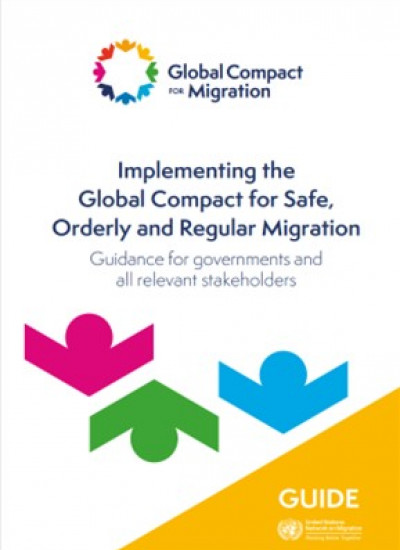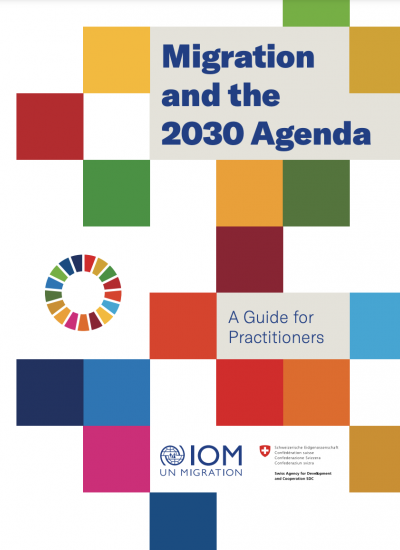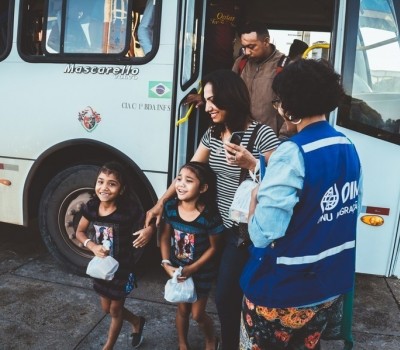Good migration governance can be a powerful economic and social force for sustainable development. When governments harness the positive effects of migration for development while addressing its challenges, migrants can make crucial contributions to local and national economies and societies. We work with local and national authorities to integrate migration into their policies and planning, addressing drivers and structural challenges that compel people to move, while also maximizing the skills and diversity that migrants bring to the territory.
Good migration governance fosters, regular and orderly migration as called for in the GCM. The UN Migration Network supports governments to implement the GCM via their Guidance for Governments and all Relevant Stakeholders.
- Migration cannot be stopped but it can be managed in a way that maximizes its benefits.
- Migration can alleviate demographic decline, helping countries with ageing societies and stagnating working age populations. In 2020, 73% of all migrants were of working age (20-64).
- Integrating migrants is an investment not a cost, potentially adding billions to a host country’s GDP, says the OECD.
- Similarly, migrants provide crucial labour in essential industries, send life-saving remittances to their families to boost the economies and societies from where they come, and are entrepreneurs, innovators and investors.
- Migrant access to essential services, like healthcare, food and safety, is key ensure they can fulfill their potential.
- Ensuring legal pathways, rights protection, inclusion, and access to services can help migrants contribute more socially and economically.
- Without the rule of law, citizenship access and social/economic inclusion, migrants and communities run the risk of being marginalized.
- An EU-funded study covering 114 countries found that ethnic and religious diversity on a national level were associated with better health and well-being.
Mainstreaming migration into policies and actions: We help governments to include migration and migrants’ voices and perspectives in policies and planning across all governance areas such as development, health, education and more. It is essential that these different sectors are coherent and that these policies work together. For example, migrants must be simultaneously included in urban planning, have access to education and be protected by labour regulations.
Empowering local actors: Local authorities and stakeholders - in cities, rural areas, provinces and regional areas - are migration governance actors in their own right. With migration increasing becoming an urban phenomenon, we empower local authorities to manage both the positive and negative impacts of migration on the ground, as called upon in the GCM’s whole-of-government principle. In our work co-steering forums like the Mayors Mechanism, we include local authorities in the global conversations on migration such as the GCM and the Global Forum on Migration and Development (GFMD).
Local-national coordination: National and local authorities should develop policies together, taking advantage of local expertise and knowledge and aligning local and national policies with global priorities. Our work enhances coordination mechanisms between different levels of government, fostering more effective migration policies and better governance across all sectors (e.g. health, education).





